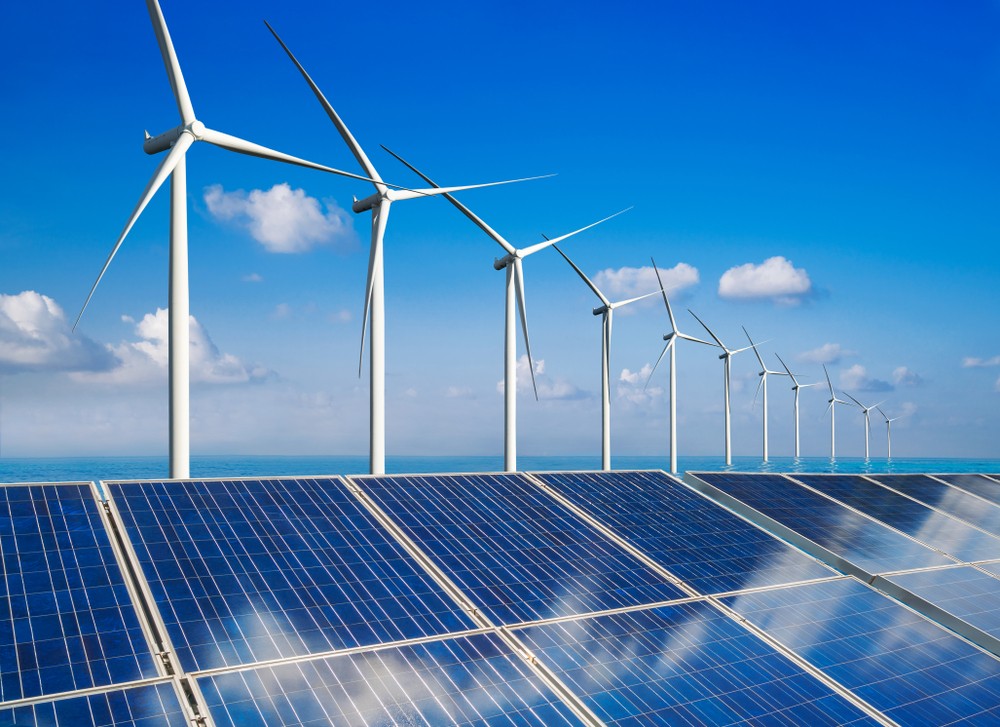The survey of 400 CEOs in charge of companies with turnover above €200m from across the UK, Germany, France and Italy – commissioned by energy solutions specialist Aggreko – revealed the majority of respondents (95%) have changed their net zero timescales in light of energy supply and pricing issues. As other pressures face leaders, only 12% of respondents claimed that speed of decarbonisation was their top priority, with most claiming reducing energy costs and delivering commercial advantage were among the top priorities.
The research – presented in Aggreko’s latest report Rebalancing the Energy Transition – has also revealed that intention to invest in energy transitions is still present, with 80% expecting to increase investment in the next 12 months. However as balancing cost and commercial viability with ESG goals continues to pose a challenge, most investment increase will only be marginal.
With access to finance being a challenge, Aggreko is raising the need for companies to lean on their supply chains to help meet the requirements of the energy transition in the timescales needed – all while balancing profitability with ESG goals. The company has launched this latest report to give leaders insights for navigating the energy transition into the future.
Robert Wells, Aggreko’s Europe President, said: “It is not surprising that our research has uncovered leaders across Europe are looking for change when it comes to their energy supply chain. In a tough economic landscape, grid instability and connection delays, price uncertainty and looming ESG targets are impacting many businesses’ energy transitions.
“With appetite for decentralisation and alternative power agreements on the rise, we have launched our report to help leaders understand the market and how it is evolving, in addition to the procurement methods at their disposal. Key to this is providing access to solutions that ensure that high energy using industries can remain profitable during their energy transition without compromising on ESG commitments.
Supporting energy intensive businesses across Europe with access to the latest renewable technologies, alternative procurement agreements and expertise to correctly implement it is central to Aggreko’s sustainability framework, Energising Change. In addition to guiding its own energy transition, the framework is designed to support the transition to a renewable energy infrastructure while at the same time enabling sectors such as manufacturing, construction data centres, utilities and infrastructure and petrochemical refineries to meet net zero goals.
Wells added: “We are a strategic supply chain partner to organisations across Europe. Working closely with many customers from energy intensive industries, we have already been working to develop renewable energy developments, establish alternative power agreements and make technologies available for projects imminently. Particularly when capital is at a premium, supporting customers with controlling costs and energy supply will remain a key part of ensuring a smooth energy transition.”




